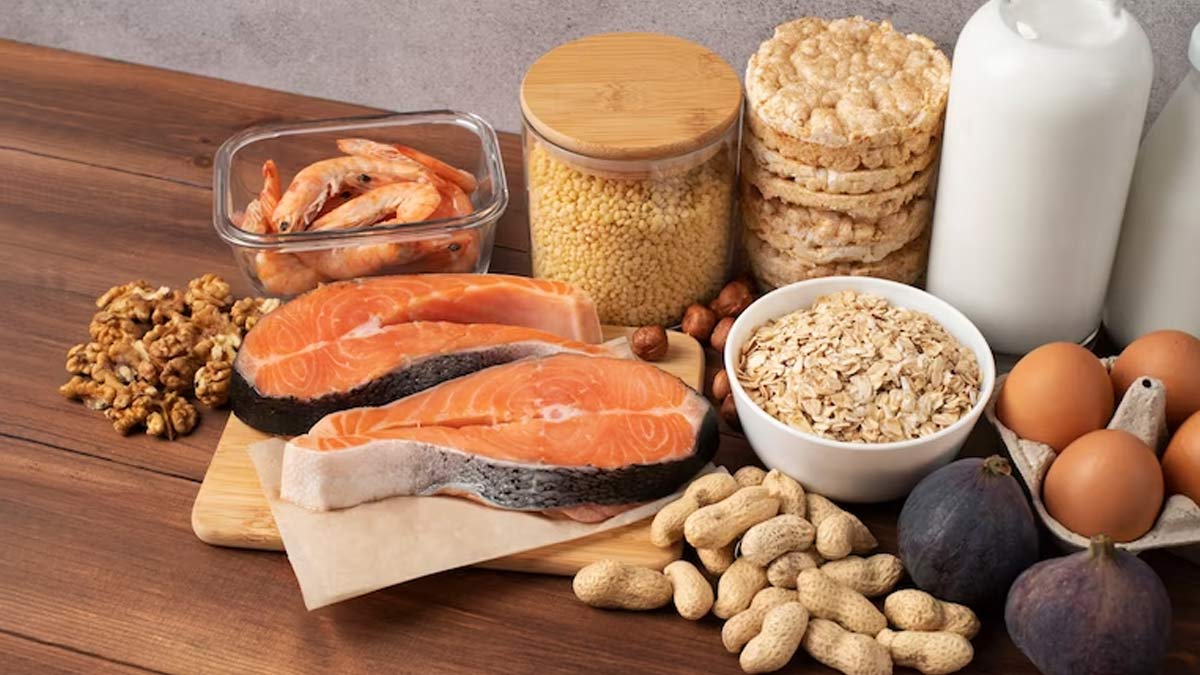
Protein shortage is a dangerous condition that arises when the body does not receive enough of the critical proteins required for proper function. Protein is an essential nutrient for growth and development, when the body does not get enough of it, a variety of health problems occur.
Table of Content:-
Symptoms of protein deficiency include muscle wasting, fatigue, weight loss, weakness, oedema, anaemia, and delayed wound healing. In severe cases, protein deficiency can lead to organ failure.
Decreased Energy Level
Not eating enough protein can make you feel tired and lethargic throughout the day. According to research, a low-protein diet increases food consumption, which increases the overall weight of the human body.
Poor Muscle Mass
Protein is an essential nutrient for muscle growth and repair. Without a sufficient intake of protein, you may find your muscle growth getting stunted.
Research has found that low protein intake has been linked to decreased muscle strength and physical performance in older adults.
Low Immunity
Protein plays an important role in the immune system. Not getting enough protein can lead to a weakened immune system, leaving you more prone to sickness.
Also read: Protein Intake: How Much Protein You Should Eat & Things To Remember
Weak Hair And Nails
Protein is essential for strong and healthy hair and nails. If you're not getting enough protein, you may notice that your hair and nails are brittle and weak.

Cravings
According to the American Journal of Clinical Nutrition, protein is a nutrients that keeps you full for longer. If you are protein deficient, you may suffer hunger sensations throughout the day.
Protein deficiency can lead to increased cravings for sweet and fatty foods.
Slow Metabolism
Protein plays an essential role in a healthy metabolism. If you're not getting enough protein, you may find that your metabolism is slower than normal. Consuming more protein may not instantly cause you to lose weight, but it will help you burn more calories, especially if combined with regular exercise. Before making major dietary changes, consult with your doctor or a nutritionist.
Also read: Benefits & Side Effects Of Whey Protein
Poor Recovery
Protein is essential for muscle repair, so if you're not getting enough protein you may find that you're not recovering as quickly as you should be after exercise.
The best way to prevent protein deficiency is to eat a balanced diet that includes all the essential nutrients. Consuming a variety of foods from the five food groups is the best way to ensure adequate protein intake. Eating lean meats, fish, poultry, eggs, dairy products, legumes, nuts, and seeds can help meet the body’s protein needs.
It is important to note that protein deficiency can be a serious condition and should be treated promptly. If you think you may be suffering from protein deficiency, it is important to speak with a healthcare professional as soon as possible.
Also watch this video
How we keep this article up to date:
We work with experts and keep a close eye on the latest in health and wellness. Whenever there is a new research or helpful information, we update our articles with accurate and useful advice.
Current Version